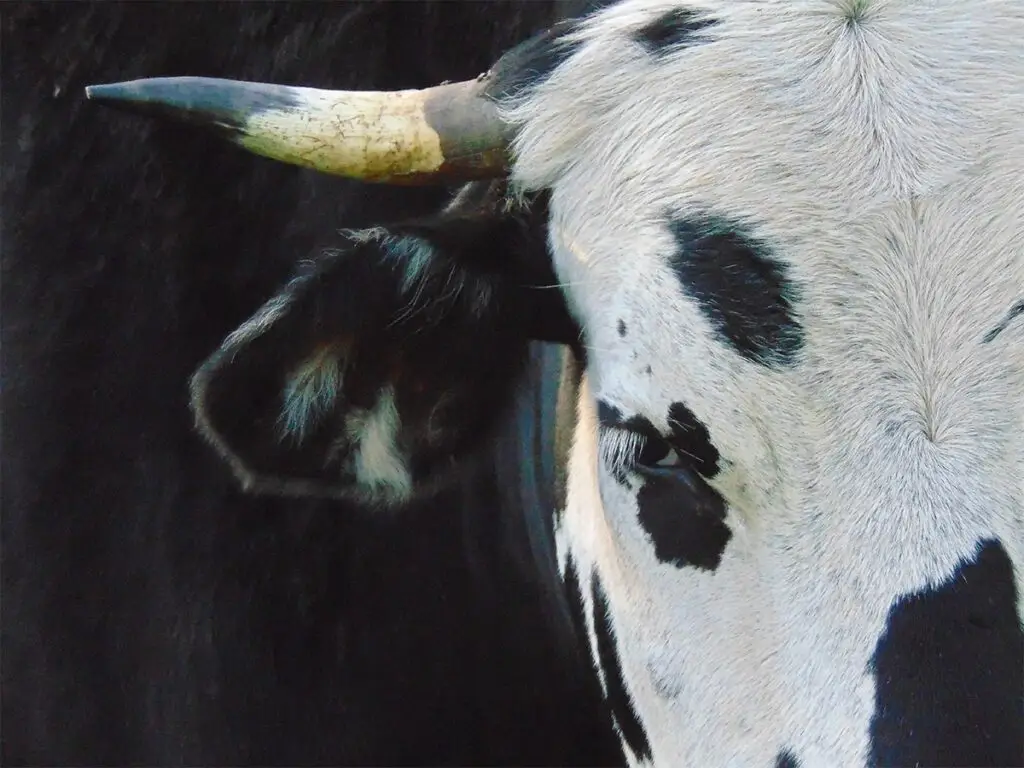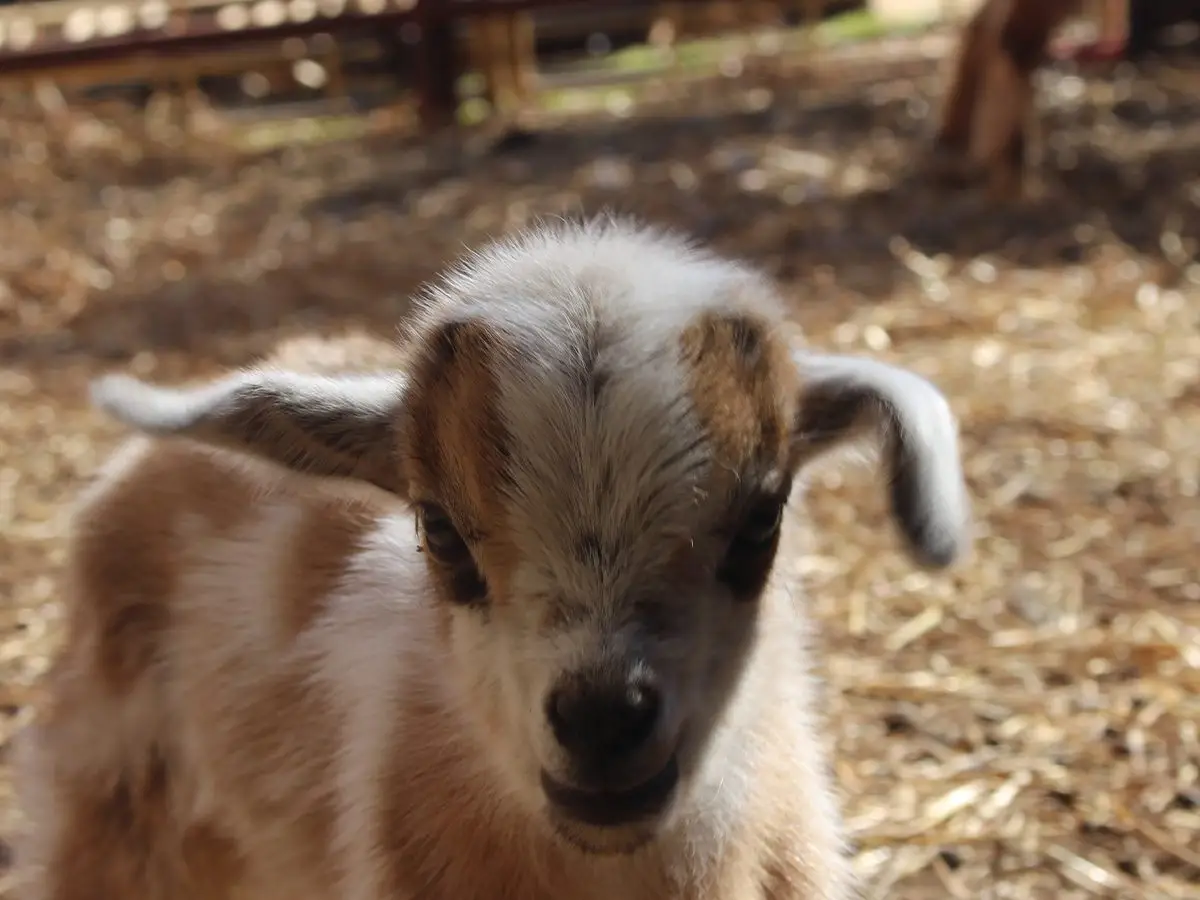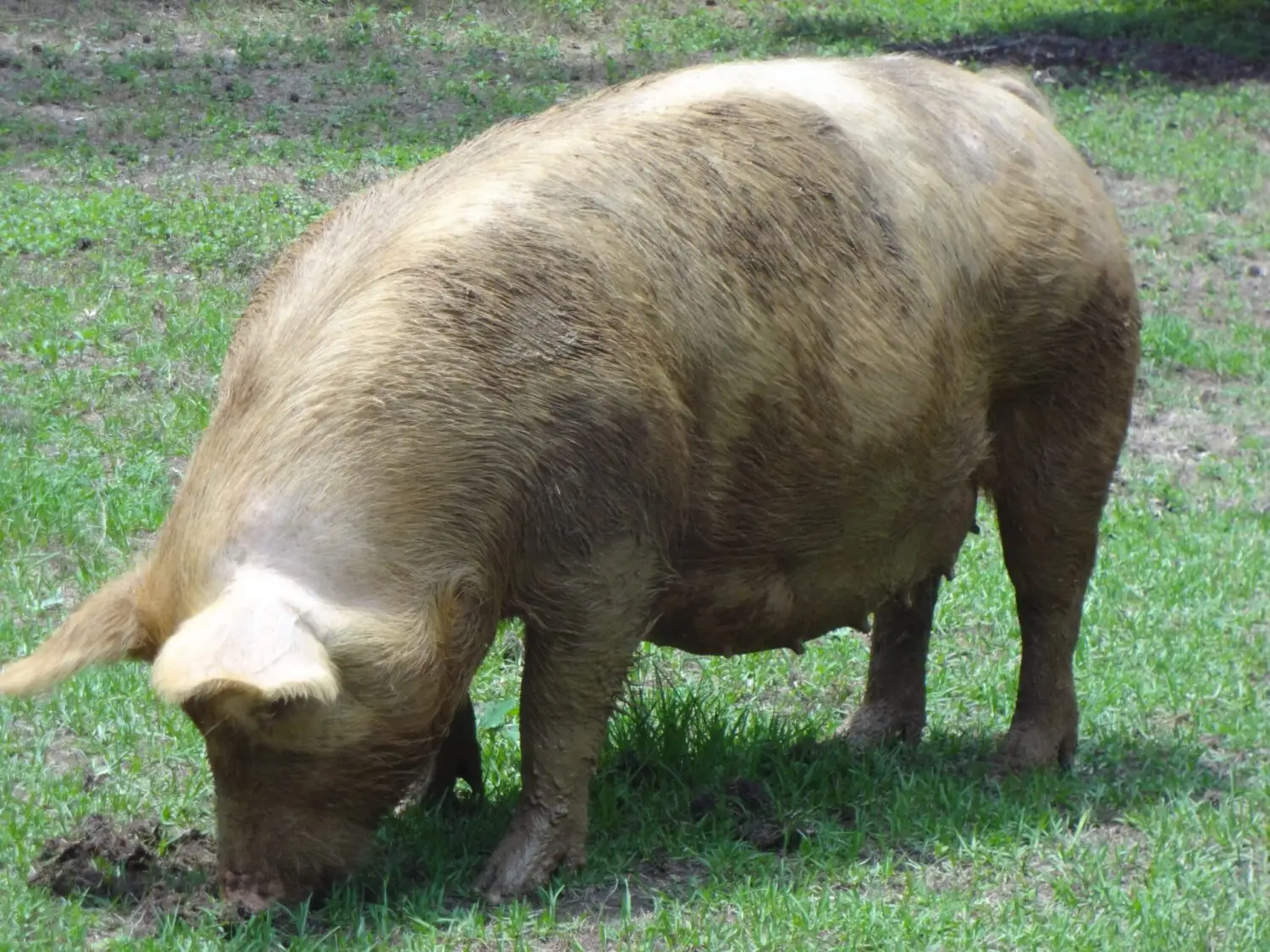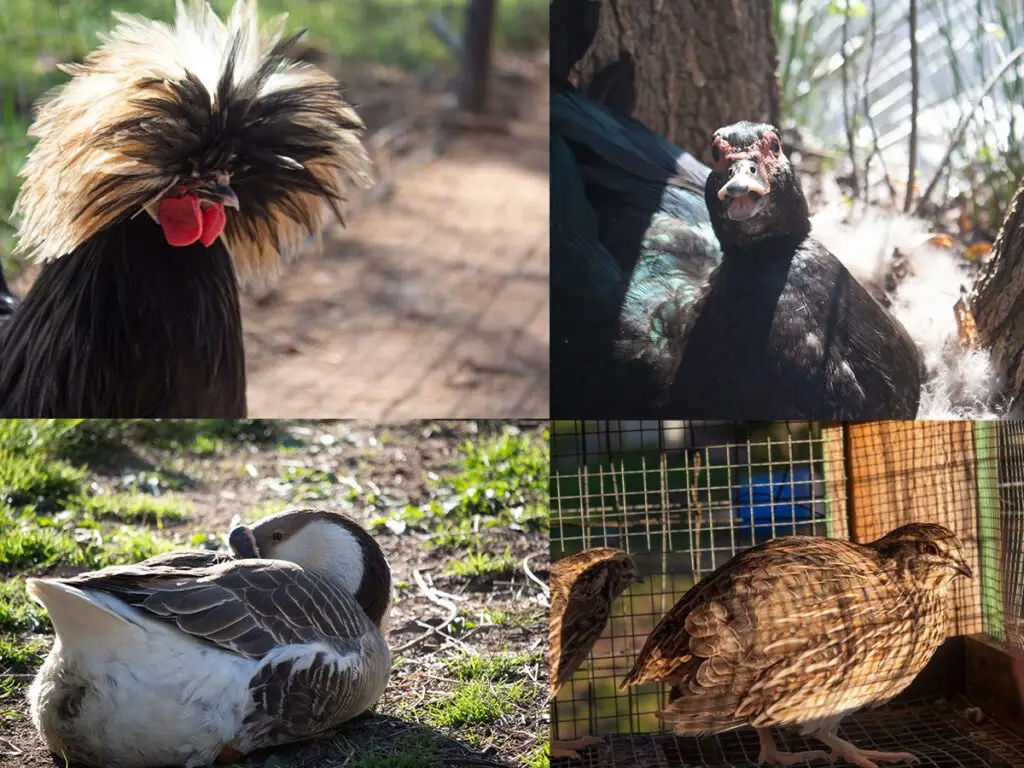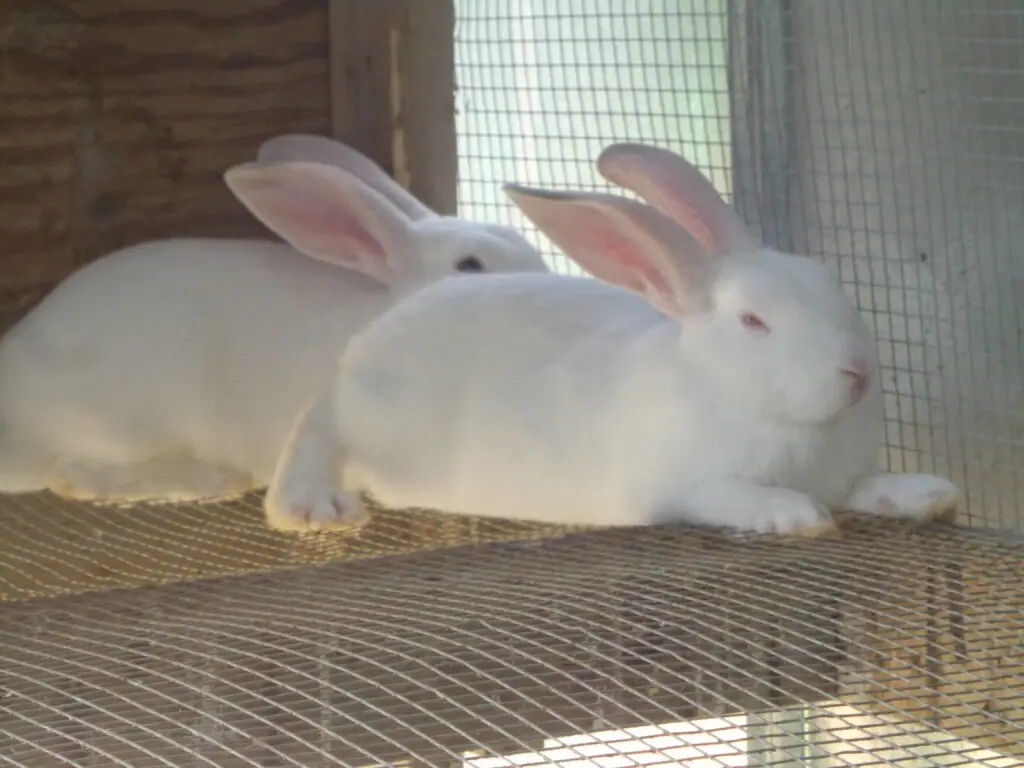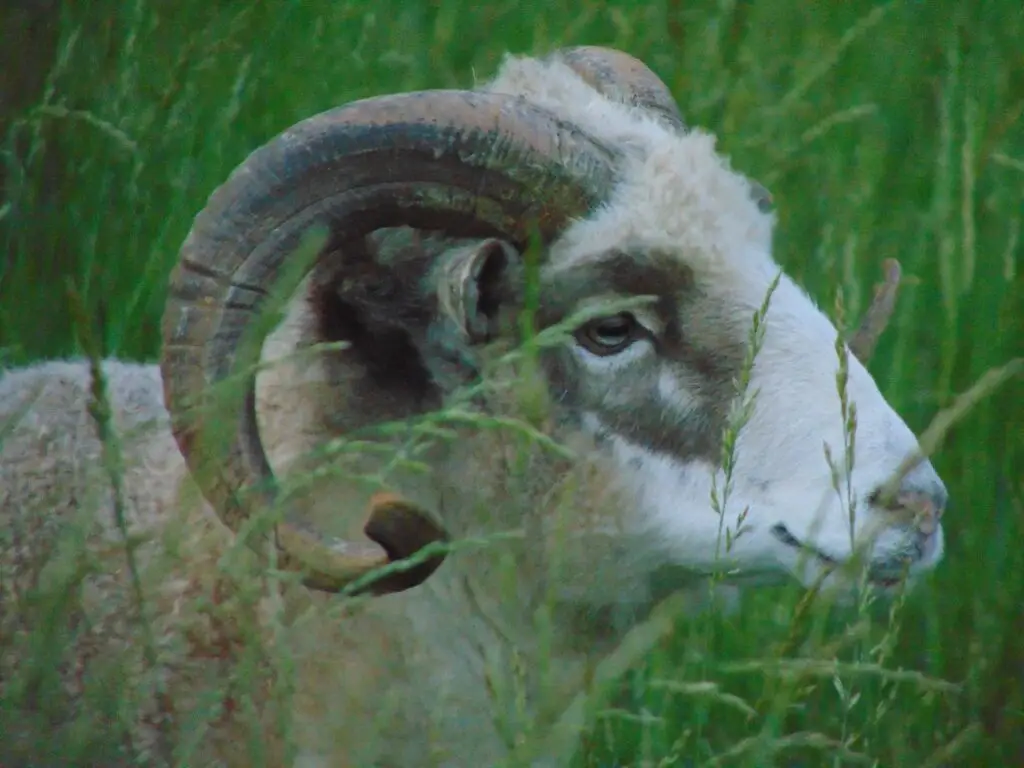So you are thinking about adding livestock to your homestead?
When most people think of livestock, they think of the big ones like cows, chickens and pigs. Since livestock is defined as farm animals kept for use or profit, that can be anything from honeybees to horses and everything in between. So it is important to understand that livestock is such a broad category and can put limitations on what livestock you can have based on your zoning laws. Before you make the decision to keep livestock on your property, do your homework to figure out how your property is zoned. This will save you a lot of time and aggravation.
So once you have the zoning laws out of the way, you will need to ask yourself: Why do I want livestock? This is important because there are time and financial requirements that come with owning livestock. Do you want to live a more sustainable life and provide your own food? Or could it be that you are looking for a side hustle or business? Answering this question will help you decide what animals to keep and how many. Whether it is chicken for eggs, cows for milk or pigs for bacon, each animal will require its own set of needs. So identifying your why will also help you with the how.
So the next question is: What is my level of commitment to raising these livestock? This is an important question that requires you to be honest with yourself. Some animals require more of a hands-on approach than others. Some are easy to find someone to come over and take care of so you can go on vacation. Others will require someone who has the same knowledge and skills as you in order to give proper care while you are gone. So when choosing your livestock, make sure you are prepared to make the level of commitment needed so that you and your animals can have a comfortable and healthy life. Not only will you need to consider your level personal commitment, you will also need to think of financial commitment. Each animal will have its own set of needs, whether it is feed, space, housing or containment.
Once you have decided on those two important questions, there are other things to consider. How much land will you need? Will you need special tools or skills to raise the animal? Do you have the proper feed and water containers? Do you have access to the proper feed specific to the animal? And probably one that most people overlook. Do you have access to a large animal vet? Some vets will only treat dogs and cats, so you will need to make sure that you have one that can get to you in a reasonable time frame in case of emergency and what it will cost. You will also want to find out if there are any preventative practices you can do to help your animal stay healthy. For instance, DE (diatomaceous earth) can be given in feed to some animals to prevent parasite infections.
Now I am sure you are thinking that I am being a little extreme. But please understand that this is coming from years of not doing this when considering an animal. Unfortunately, we did none of this, which made raising our first set of animals heartbreaking and extremely expensive. If someone had placed these questions in front of us when we got started and we had answered truthfully, our journey with livestock would have been less stressful. With that being said, we have done our best to share our experience with you here on this web site and our YouTube channel. If you find yourself with a question that is not answered on the many pages of this website or on any of the videos that we have shared, shoot us an email and we will do our best to get you the answer. For more in depth information, click on the animal below you would like to learn more about.




